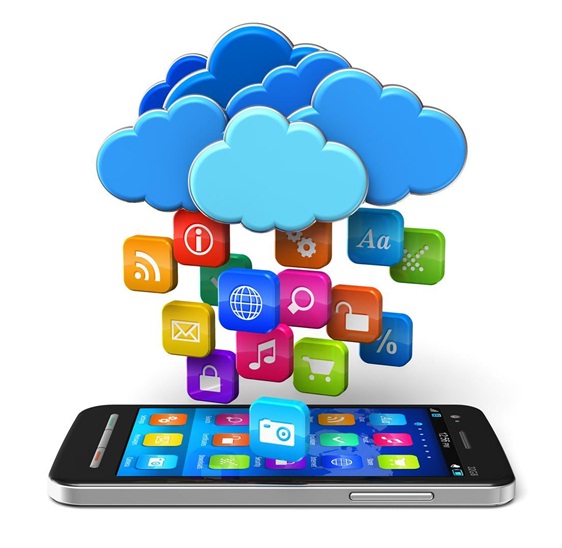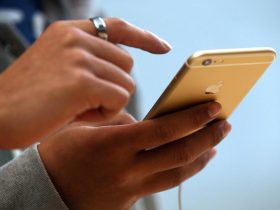In many ways, the 21st century has been an exercise in disruptive technology. Mobile phones and the Internet were both well-established in the 20th century. But when they merged in the form of the smartphone and went mainstream in the last decade, the effect on our lives was profound, to say the least.
Today, mobile devices continue to influence the way that we share information and resources, communicate with one another and conduct business. Just think of the number of previously commonplace gadgets and devices that have been overtaken by smartphones. Digital cameras, handheld games, GPS machines and even watches are considerably less popular now than they were before the dawn of the smartphone.

This is a topic that futurist keynote speaker Chris Riddell has addressed in the past. He points out that, a mere half century ago, Australians were still sending upwards of 20,000 telegrams per year. Consider the fact that there are more than 30 million mobile devices in Australia today, and it becomes clear that technological breakthroughs have taken place at an incredible pace.
Future Changes in Mobile Technology
As mentioned, smartphones have already had a disruptive effect on society and business; but what about the future? There is plenty of reason to believe that the functions that are currently provided by our mobile devices will continue, while the form in which they are administered will change.
To begin with, the average person is already feeling burdened with an excess of devices. Smartphones, tablets, notebook computers and, increasingly, wearable technology like the Apple Watch populate the list of things that we own. At some point, it’s reasonable to suggest that this technology will reconsolidate into fewer devices – or maybe even into no devices at all.
As wearable technology develops, we may well find ourselves living in a world in which smart technology is incorporated into our apparel. Think: Google Glass but in a broader, more successful iteration.
To take these projections a step further, it also stands to reason that our mobile devices actually merge with our bodies in the near future. This would entail something along the lines of an embedded chip that could interface with our own neural patterns and biological systems to create a fully integrated communication platform.
The Future May Be Nearer Than You Think
Some of these projections may seem far-fetched, but the reality is that digital technology has been outpacing society’s general expectations for decades now. A couple of decades back, few people were ready for the ways in which the Internet and smartphones would reshape our societies. And yet now, most of us couldn’t imagine our lives without these advancements.
By broadening the way we think and paying more attention to current trends, we can more adequately prepare for future breakthroughs. In the process, we’ll be equipping ourselves for a more productive future in which we’re ready to make the most of new developments and turn major breakthroughs into societal benefits rather than strictly disruptive phenomena.


























